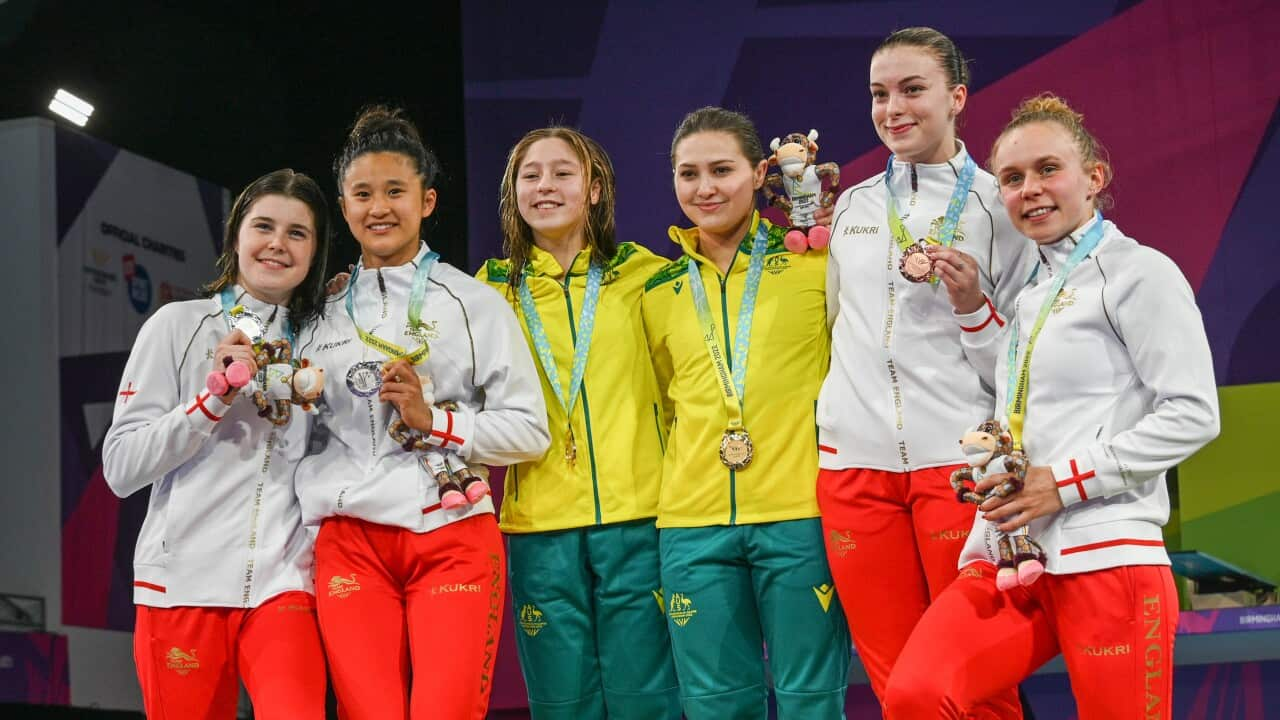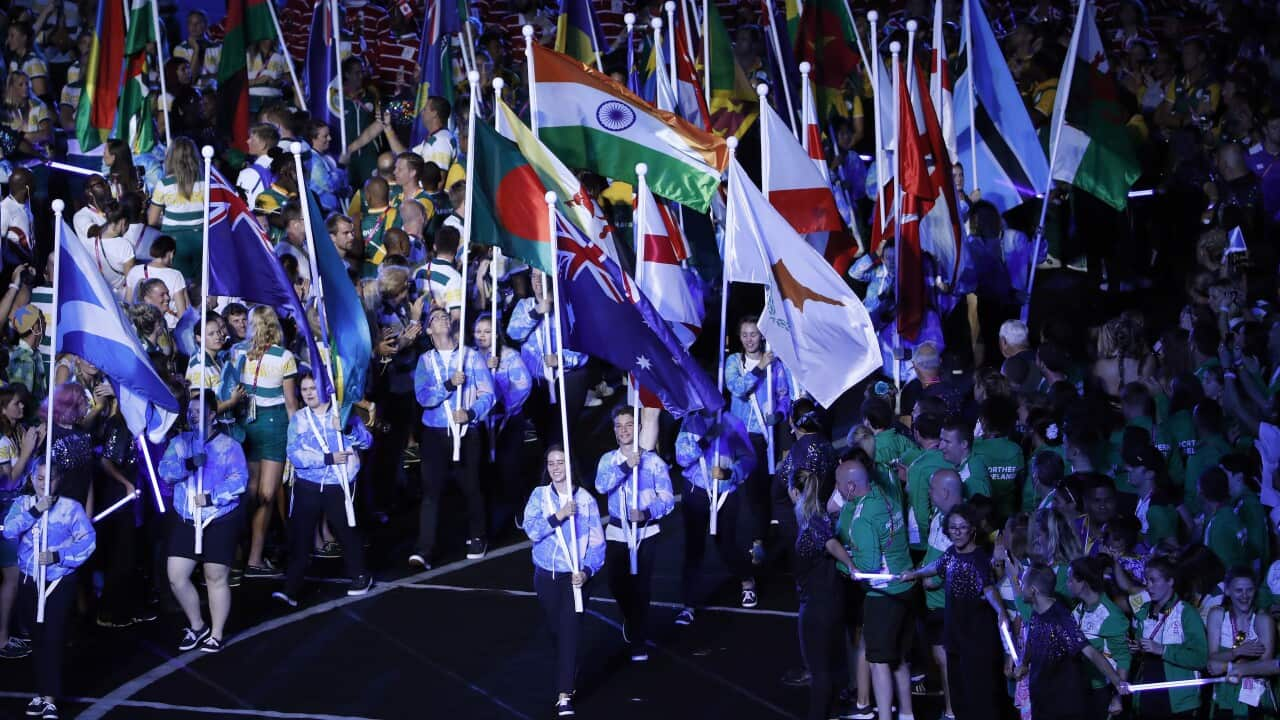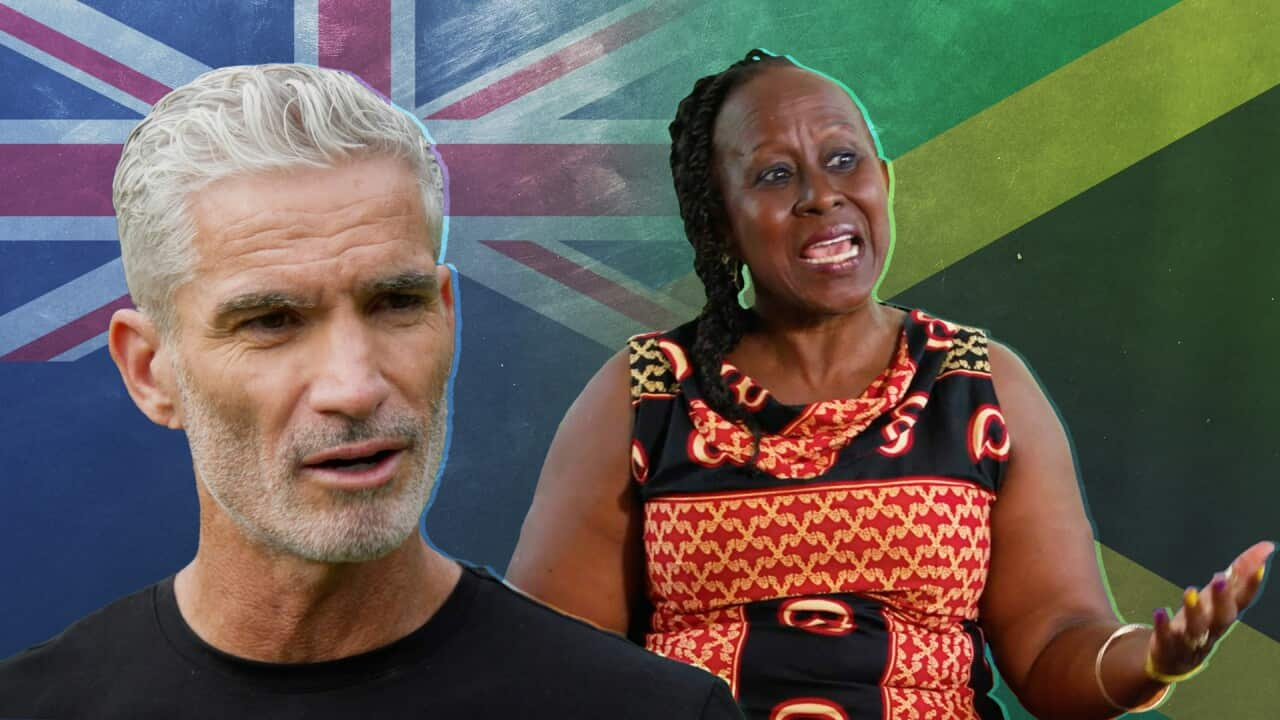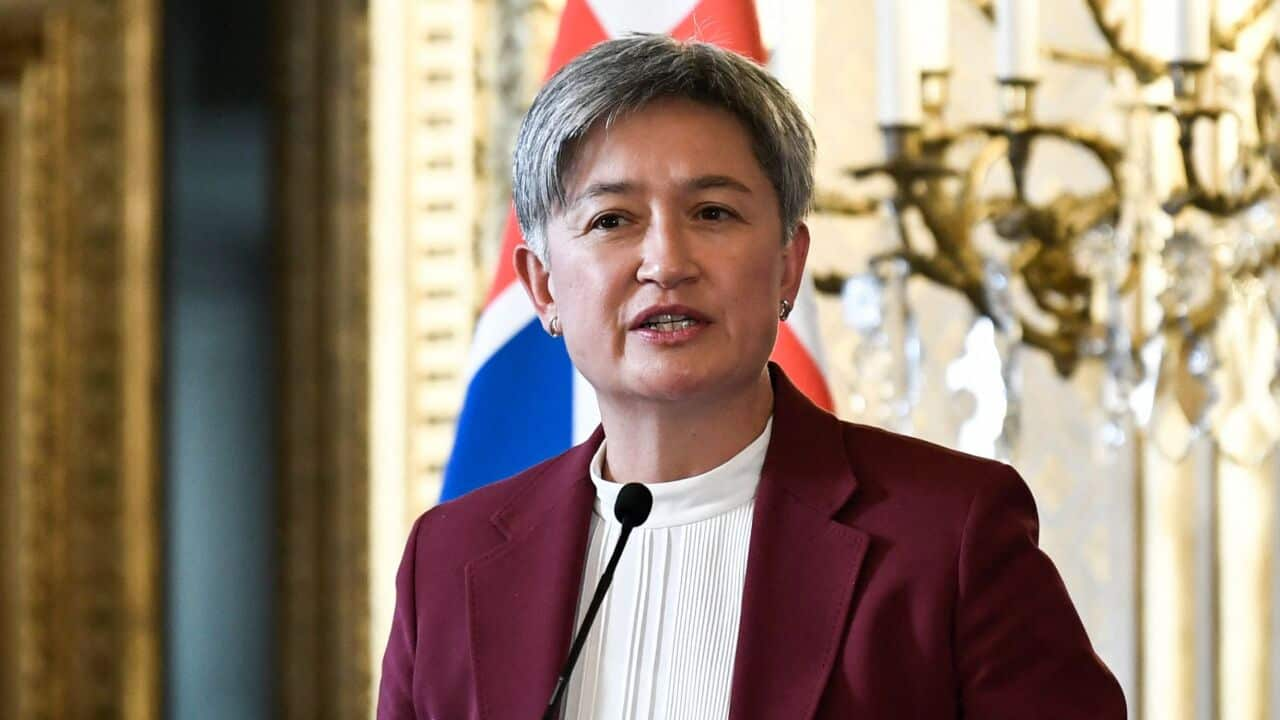Key Points
- Following Victoria's cancellation, no Australian state is willing to host the 2026 Commonwealth Games.
- The Commonwealth Games Foundation has acknowledged the Games' “challenging history linked to colonial roots”.
- The Games faced boycotts in the 20th century, often over host countries' stance on apartheid-era South Africa.
The Commonwealth Games may not have a future after Victoria, the only place to formally bid for the event in 2026, pulled out of hosting duties on Monday.
However, not everyone would be saddened by the Games' end; some still look upon the event in the light of its historical links to the colonialism of the Commonwealth.
"The Commonwealth Games is the legacy of British colonialism in action," the non-profit Democracy in Colour wrote on Twitter recently.
"The long history of empire, slavery and exploitation is celebrated every 4 years under the guise of 'global peace'. As much as they try to make us forget about it's dark roots, we won't."
In its latest strategic review, governing body the Commonwealth Games Foundation has acknowledged the Games' “challenging history linked to colonial roots”, arguing that it was shifting focus “from the hegemony of the British empire to one of global peace."
Commonwealth-wide reluctance to host the games comes as some countries, , have made moves towards cutting ties with the UK following Queen Elizabeth II’s death.
Barbados became a republic in 2021 - the most recent country to do so. Fellow Carribean nations Guyana, Trinidad and Tobago and Dominica made the shift years earlier.
These states remain members of the Commonwealth but elect their own heads of state without external influence and oversee their own domestic and foreign affairs.
In Australia, the republican movement said it's putting active campaigning largely on hold until after the Voice to Parliament referendum later this year.
Here's how the Games, and the Commonwealth, got to this point.
When was the first Commonwealth Games?
The British Empire Games, which would later become the competition as we know it today, were first held in 1930.
They were the invention of journalist Bobby Robinson, who successfully pushed for them to be in his Canadian hometown of Hamilton.
Australia was one of 11 countries to compete and the all-male team bagged eight medals.
The idea for the Games had been buzzing around for a while.
John Astley Cooper, who was born in Adelaide but lived all of his adult life in England, wrote letters and articles for several periodicals in the 1890s suggesting a "Pan Brittanic, Pan Anglican Contest every four years as a means of increasing goodwill and understanding of the British Empire," according to his biography.
The name of the Games later changed to the British Empire and Commonwealth Games, then the British Commonwealth Games and finally the Commonwealth Games.
According to the official Commonwealth website, the modern Commonwealth Games first came together in 1949.
The Games were cancelled twice due to world wars but continued to grow and were used to push British ideals throughout the world.
In 1978, Nigeria boycotted the Games in Edmonton, Canada because of their association with apartheid-era South Africa.
Then in 1986, further boycotts were staged of the event in Edinburgh, Scotland, with 32 of the 59 eligible nations withdrawing over then-UK prime minister Margaret Thatcher's refusal to impose sanctions on South Africa.
South African athletes had already been banned from the Games, as they were from many sporting events around that time in protest of the country's harsh policies segregating black and white residents.
In recent decades, the costs of hosting the Games have soared.
The 2010 Commonwealth Games in Delhi were estimated to cost nearly $15 billion.
South Africa pulled out of hosting the 2022 event due to financial constraints. It was then awarded to Birmingham.
The UK city had been slated to host the 2026 games which only had one bidder - regional Victoria.
Seventy-two teams competed at the Birmingham Games: 54 Commonwealth countries and 18 territories.
Which countries have left the Commonwealth?
There's now 56 independent countries in the Commonwealth.
Ireland left the Commonwealth for good in the 20th century after it overthrew British rule.
In 2003 Zimbabwe also left the group of nations.
Pakistan, South Africa, the Maldives and Fiji have all left and been readmitted at various points.
But in a move in the opposite direction, former French colonies Gabon and Togo, both in Africa, were admitted into the Commonwealth in 2022.
Only 15 Commonwealth countries, including Australia, New Zealand, Papua New Guinea and Canada have King Charles as their head of state. They are known as Commonwealth realms.















